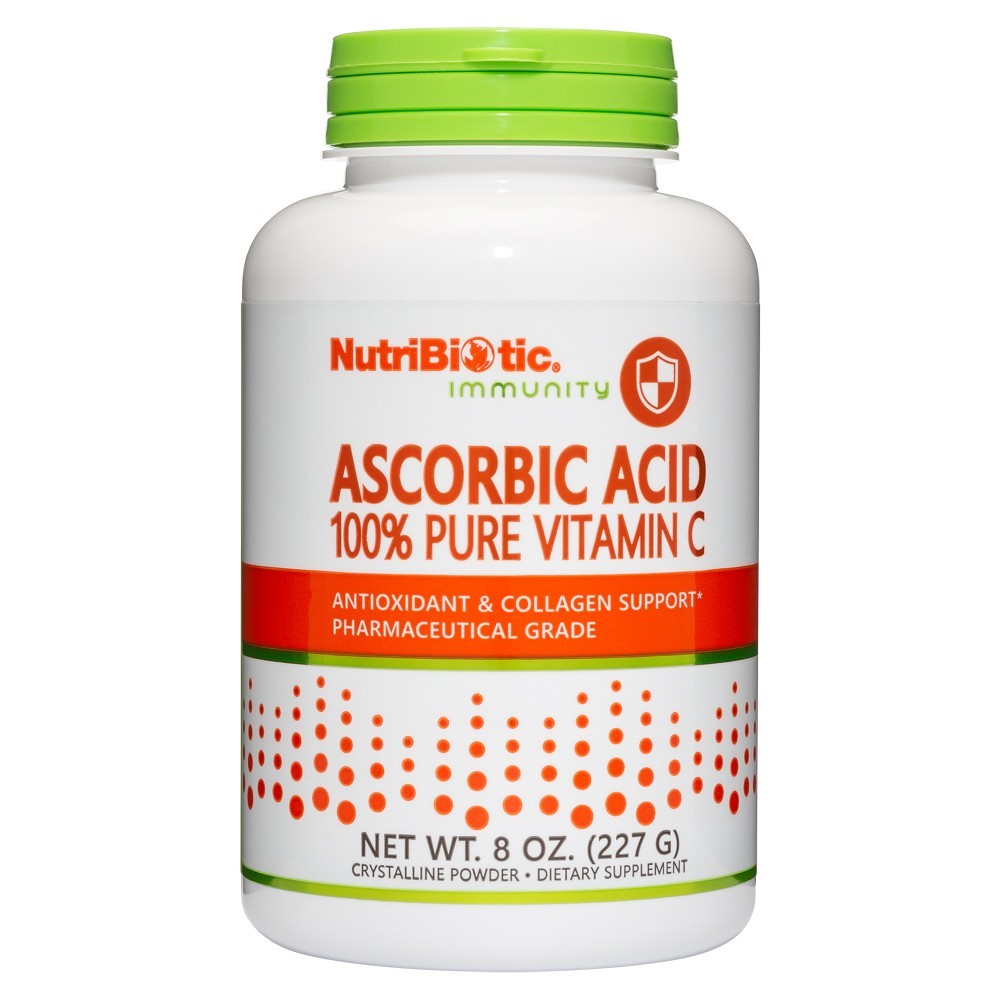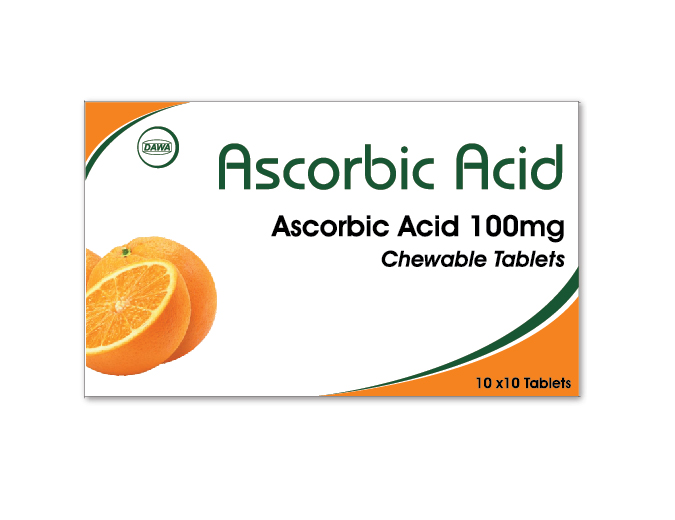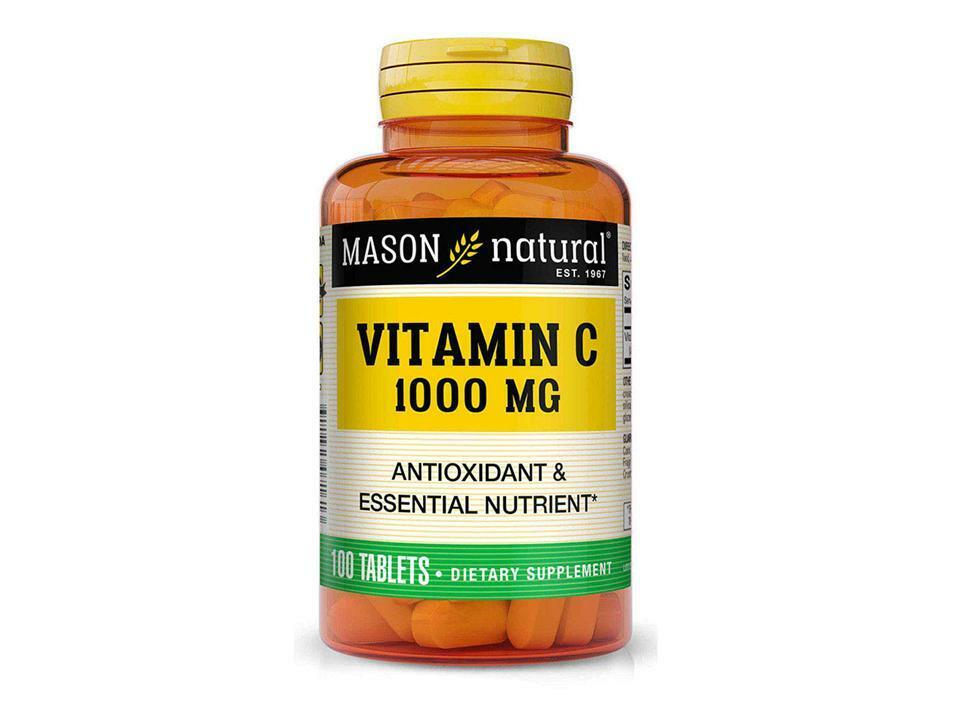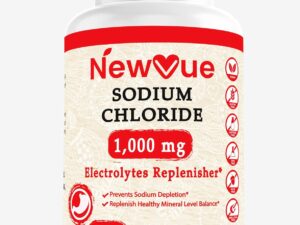Description
Title: The Wonders of Vitamin C: Ascorbic Acid and All Its Glory
Introduction
Vitamin C, also known as ascorbic acid, is a vital nutrient for human health. It is a water-soluble vitamin, which means it is not stored in the body and must be consumed regularly through food or supplements. This article will delve into the various aspects of Vitamin C, its benefits, food sources, and deficiency symptoms.
The Magic of Vitamin C
Vitamin C is a powerful antioxidant that can strengthen the body’s natural defenses. Antioxidants are molecules that fight free radicals in the body, protecting cells from damage. Vitamin C is also necessary for the production of collagen, a protein that helps wounds heal and supports blood vessel, tendon, ligament, and bone health.
Benefits of Vitamin C
- Boosts Immunity: Vitamin C is essential for the functioning of the immune system. It stimulates the production of white blood cells, which protect the body against infections and diseases.
- Improves Skin Health: Vitamin C is necessary for the production of collagen, a protein that maintains skin strength and elasticity. It also helps to reduce the appearance of wrinkles and fine lines, promoting healthy, youthful-looking skin.
- Enhances Brain Function: Vitamin C is vital for brain health, as it helps to produce neurotransmitters, which are chemicals that transmit signals in the brain. It also acts as an antioxidant, protecting brain cells from damage.
- Prevents Chronic Diseases: Vitamin C’s antioxidant properties can help protect against chronic diseases such as heart disease and cancer. It can also help to lower blood pressure and reduce the risk of stroke.
- Improves Iron Absorption: Vitamin C can enhance the absorption of iron from plant-based foods, making it easier for vegetarians and vegans to meet their iron needs.
Food Sources of Vitamin C
Vitamin C is found in a wide variety of fruits and vegetables. Some of the best sources include:
- Citrus fruits, such as oranges, grapefruits, and lemons
- Berries, such as strawberries, blueberries, and raspberries
- Tropical fruits, such as pineapple, mango, and papaya
- Vegetables, such as bell peppers, broccoli, and spinach
- Fortified foods, such as cereals and fruit juices
Vitamin C Deficiency
Vitamin C deficiency is rare but can occur in people who do not consume enough fruits and vegetables. Symptoms of Vitamin C deficiency include:
- Fatigue and weakness
- Joint and muscle pain
- Bleeding gums and slow wound healing
- Anemia, or low red blood cell count
- Swollen and painful joints
Conclusion
Vitamin C is a crucial nutrient that offers numerous health benefits. From boosting the immune system and promoting skin health to enhancing brain function and preventing chronic diseases, Vitamin C is a powerful antioxidant that can improve overall health and well-being. By incorporating Vitamin C-rich foods into your diet and considering supplementation when necessary, you can ensure that you are getting enough of this essential nutrient. Always consult with a healthcare professional before starting any new supplement regimen.















Reviews
There are no reviews yet.